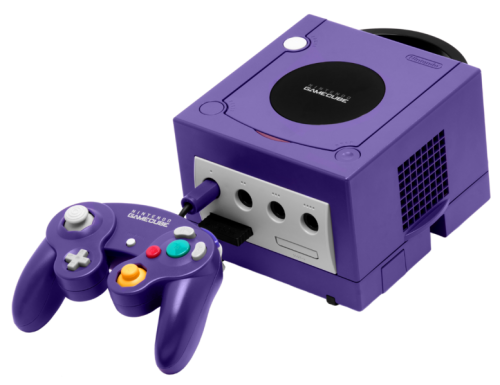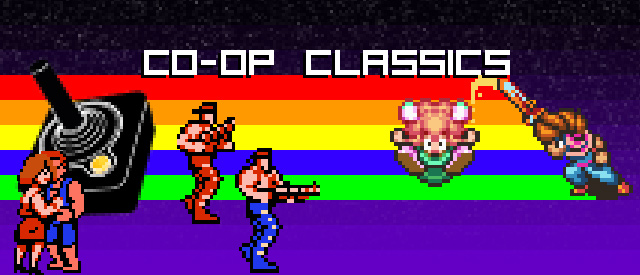Today, we continue our look back at two video game consoles released one decade ago. Last week, we covered Microsoft's first console, the Xbox, and its most notable innovation to co-op, online play through Xbox Live. But the Xbox wasn't the only console to arrive in stores in time for the holiday shopping season in 2001. NIntendo's GameCube hit the shelves on November 18 of that year, and brought some excellent cooperative experiences to gamers that were unavailable on any other system.
Nintendo's role in video game history can't really be understated. After the Atari-fueled Golden Age of the late 70s and early 80s, the market collapsed in 1983. It was a dark time for video game consoles, until the arrival of the NES in 1985. Almost single handedly, Nintendo's first system reinvigorated the home gaming scene, and began a new era of classic gaming. The first NES follow-up, the Super Nintendo, was almost as popular as its predecessor, but the Nintendo 64, released in 1996, wasn't nearly as successful. Five years later, Nintendo debuted the GameCube.

The GameCube was a powerful system, capable of graphics that surpassed the market-leading Playstation 2 and rivaling those of the Xbox. Fans of having more than two-person multiplayer enjoyed the system's four built-in controller ports. The controller itself was a more natural feeling upgrade to the innovative but awkward Nintendo 64 unit, with built in force feedback. The launch version of the console was an odd purple color, though other colors came out later on. The GameCube was also Nintendo's first console to use disc-based media for games.
It was Nintendo's choice of media, proprietary miniDVD, that gave it a distinct disadvantage compared to the PS2 and Xbox. The GameCube couldn't play DVD movies like its peers could, and this tipped the scales against Nintendo's console as DVD adoption spread like wildfire. This, along with the inexplicable carrying handle and "preschool" color, gave the GameCube a bit of a bad reputation among gamers. But there was no denying the strength of the software for Nintendo's fourth-generation console.
